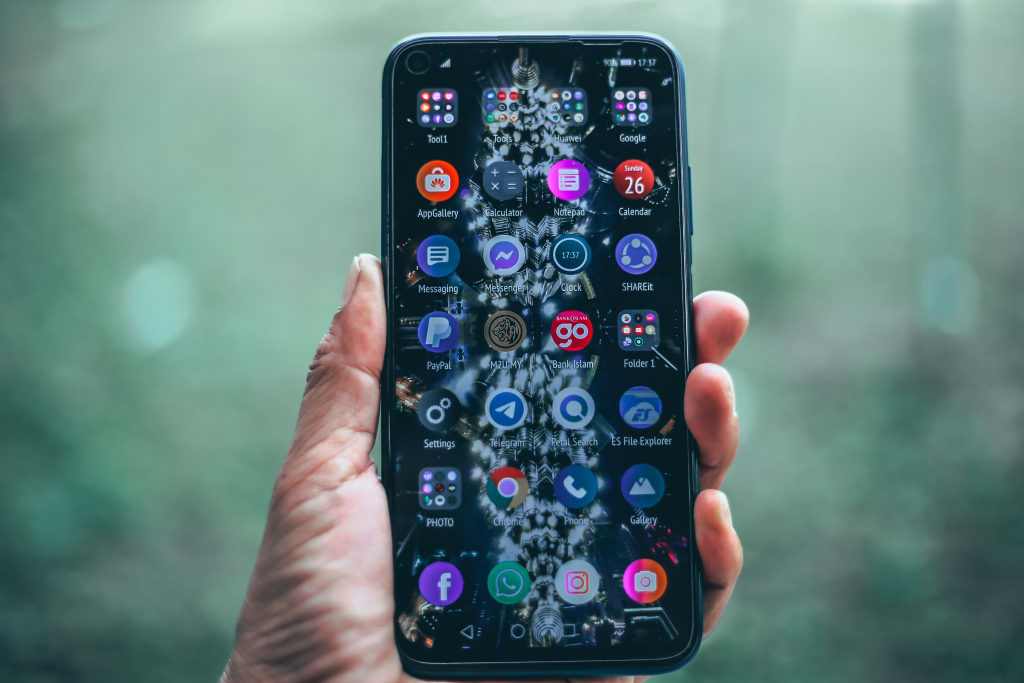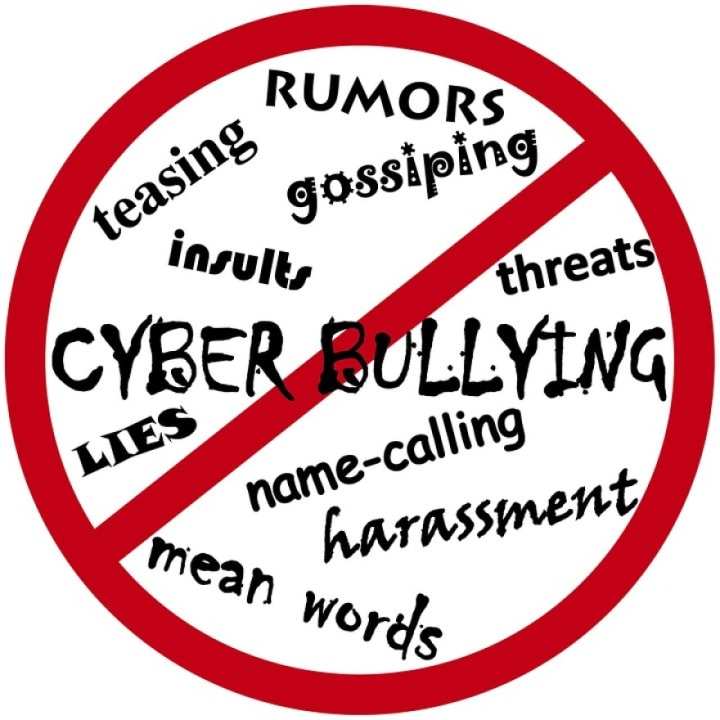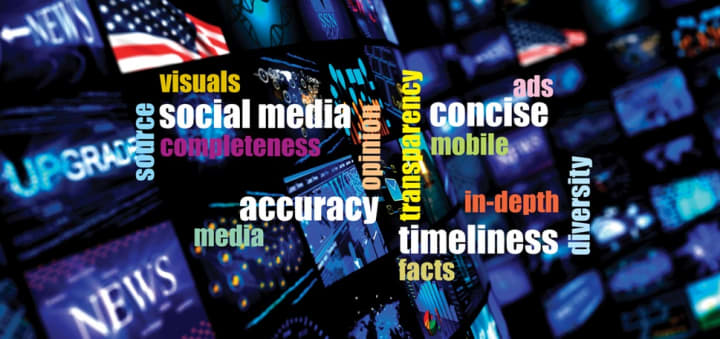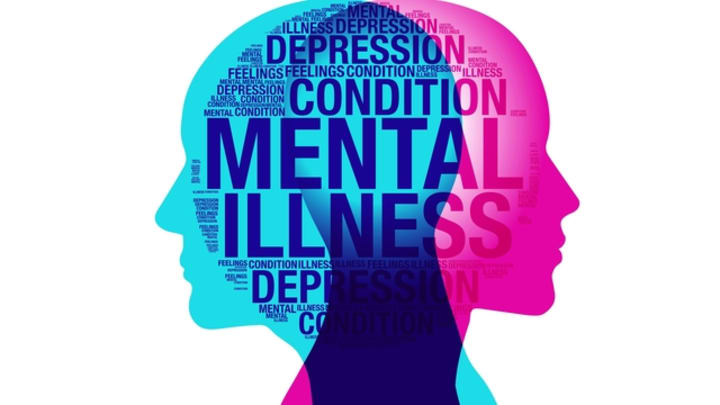
In the era of digital connectivity, social media platforms have become an integral part of our daily lives. From sharing personal experiences to connecting with friends and family, social media has revolutionized the way we communicate and interact.
While it has its fair share of criticisms, social media can also be a powerful tool for promoting mental health awareness and supporting those in need. By leveraging the reach and influence of these platforms, we can create a positive online environment that fosters understanding, empathy, and support.
One of the most significant advantages of social media is its ability to reach a vast audience instantaneously. With billions of users across various platforms, the potential for spreading awareness about mental health is enormous. Organizations, advocacy groups, and individuals can utilize social media to share information, resources, and personal stories, breaking down the barriers surrounding mental health and promoting open discussions.
Platforms like Facebook, Twitter, Instagram, and YouTube offer a variety of ways to engage with users and start conversations about mental health. Hashtags, such as #MentalHealthMatters or #EndTheStigma, can be used to bring attention to specific topics or campaigns, allowing users to find relevant content easily. By using these hashtags strategically, individuals and organizations can build a community around mental health awareness and encourage others to join the conversation.
Another powerful feature of social media is the ability to share personal stories. When individuals bravely share their experiences with mental health challenges, they not only reduce the stigma associated with these conditions but also provide comfort and support to others who may be going through similar struggles. Stories can be shared through text posts, images, videos, or even live streams, allowing for a diverse range of expression and connection. This storytelling aspect of social media can foster empathy and humanize mental health issues, reminding us that we are not alone in our struggles.
Social media platforms offer a wide array of support communities and online groups that cater to specific mental health conditions. These groups provide a safe space for individuals to connect with others who understand their experiences, offer support, and share coping strategies. Peer support can be invaluable for those dealing with mental health challenges, and social media platforms make it easier than ever to find and join these communities.
Apart from personal narratives, social media is also an effective platform for sharing educational resources and raising awareness about mental health. Infographics, articles, podcasts, and videos can be shared to disseminate information about various mental health conditions, their symptoms, and available treatment options.
Organizations and professionals can leverage these platforms to share evidence-based research, practical tips for managing mental health, and information about available support services. By making reliable information accessible and engaging, we can empower individuals to take charge of their mental well-being and seek help when needed.
To fully harness the potential of social media for mental health advocacy, it is essential to ensure that the online environment is safe, supportive, and respectful. Cyberbullying, online harassment, and the spread of misinformation can have detrimental effects on individuals' mental health.

Social media platforms must actively work to combat these issues by implementing robust community guidelines, enforcing policies against harassment, and providing resources for reporting and addressing harmful content. Moreover, users can contribute to a positive online atmosphere by being mindful of their own interactions, spreading kindness, and fact-checking information before sharing it.
While social media can be a powerful tool for promoting mental health awareness, it is important to acknowledge its limitations. It cannot replace professional mental health care or provide personalized treatment. Instead, it should be seen as a complementary resource, offering support, information, and a sense of community. Social media should encourage individuals to seek professional help when needed and provide information about local mental health services and helplines.

Social media has the potential to be a force for good when it comes to promoting mental health awareness. By harnessing the reach and influence of social media platforms, we can create a virtual space that fosters empathy, understanding, and support for individuals facing mental health challenges.
To maximize the impact of social media in promoting mental health awareness, collaboration between individuals, organizations, and platforms is crucial. Mental health advocacy groups can partner with social media platforms to develop guidelines and resources that promote responsible and compassionate online interactions.
These collaborations can help identify and remove harmful content, provide training on mental health awareness to platform moderators, and implement features that promote well-being, such as digital well-being tools and content warnings for sensitive topics.
Furthermore, mental health professionals can play a significant role in utilizing social media as a means of reaching a wider audience. They can share informative content, debunk myths, and provide guidance on managing mental health concerns.
Social media can serve as a platform for therapists, counselors, and psychologists to offer tips, and coping strategies, and even conduct live Q&A sessions to address common questions and concerns about mental health.
Government agencies and policymakers also have an important role to play in harnessing social media for mental health advocacy. They can support campaigns that raise awareness about mental health, allocate resources for mental health services, and collaborate with social media platforms to ensure the implementation of effective mental health policies.
While the benefits of using social media for mental health awareness are evident, it is essential to acknowledge potential risks and challenges. The anonymization and distance provided by the online environment can sometimes lead to unqualified individuals providing inaccurate advice or promoting harmful practices.

Therefore, it is important for users to critically evaluate the credibility of the information they come across and rely on reputable sources such as mental health organizations, healthcare professionals, and academic institutions.
Moreover, the issue of privacy and data security should be addressed to ensure the safety and confidentiality of individuals sharing their mental health experiences online. Social media platforms should prioritize user privacy, provide clear guidelines on data handling, and offer robust security measures to protect sensitive information.
In conclusion, harnessing social media for promoting mental health awareness can have a profound impact on individuals and communities. By leveraging the vast reach and engagement potential of these platforms, we can create a supportive online environment that fosters understanding, reduces stigma, and provides valuable resources.
However, it requires collaborative efforts from individuals, organizations, social media platforms, and policymakers to ensure responsible and ethical use of social media for mental health advocacy. By working together, we can harness the power of social media for good and create a positive impact on mental health worldwide.
About the Creator
Jade Paul
As a writer, I'm committed to producing high-quality articles that inform, educate, and inspire readers. Whether this is covering the latest news, offering expert insights, or sharing personal experiences.






Comments
There are no comments for this story
Be the first to respond and start the conversation.